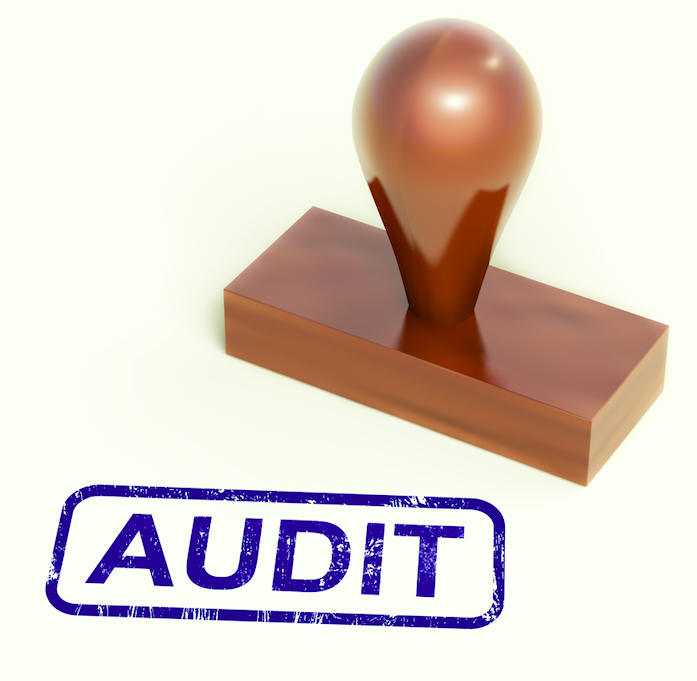Nobody likes an audit or investigation, especially by surprise. Synergistix wants life science companies to understand what to expect from an audit. The 2021 Synergistix webinar featured a session with Frank Adamo, a retired US DOJ agent who previously conducted audits. Here are some of his insights on how an organization can best handle being audited.
Government Auditors
While laws and regulations give auditors authority, practical considerations limit how punitive they can be in their investigations. They’re not looking to put pharmaceutical companies out of business, not even those that have received justifiable public criticism in recent years. If they do, all the good and important work of those companies will be lost, along with the bad. Auditors do have some latitude in how they deal with companies.
Three Types of Audits
The three types of audits are scheduled, random and reactive. Scheduled audits take place at predetermined times. For example, one year after product launch an audit may be done. Random audits are the luck of the draw. Your company name comes up and you get audited. Reactive audits are the ones that cause the most concern as they happen when the government has reason to believe something untoward is going on. Approach the third very differently than the first two.
How to Prepare for an Audit
A government auditor can’t look at everything, nor can a company prepare for everything. You must concentrate on “hot buttons” or systemic issues. You should be able to demonstrate that your programs are under control and you have all the needed information at hand. Show that you have compliance monitoring in place and you are committed to doing things the right way.

Cooperate with an Auditor
It is a good idea to have at least two people as the point of contact when you first meet the auditor. Often one of them will have a better rapport with the auditor and the other can back out.
Be cooperative but do not give them anything they are not entitled to or have not asked for. If they do ask for something, clarify the parameters. For example, if they request emails, ask what time period is required and whose messages they need to see.
Once the auditors see something, they cannot unsee it. If you give them extra documentation that appears to merit investigation, they’re obligated to investigate it.
When an Audit Impacts Operations
Sometimes an auditor may request information that is time-consuming to produce and may affect normal day-to-day operations. You will need to fully explain to them, and perhaps even show them, what the impact is. Usually you can find a compromise that will not cripple your ability to do business.
Takeaways
- Government auditors are not all-powerful and are not looking to put you out of business. They have some limited leeway in how they investigate.
- Cooperate with auditors but do not give them anything they are not entitled to or have not asked for.
- A good compliance monitoring system will help you prepare for an audit and successfully get through it.
Reach out to Synergistix to learn more about how we can help as a leading provider in Customer Relationship Management and Sampling Solutions for Life Science Companies, small and large. We can show you how to build a better virtual customer environment utilizing our CRM and SampleIQ solutions.
Back




